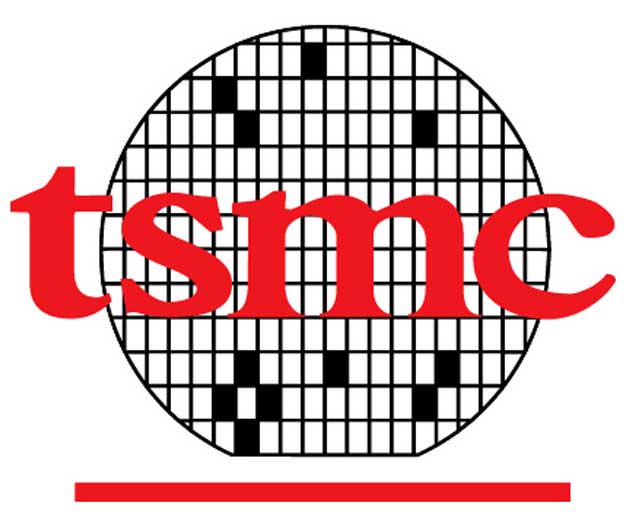In a recent article by Digitimes, it has been reported that NVIDIA may be announcing their lineup of mobile GPUs based on their all-new Pascal architecture at this year’s Gamescom in Germany on August 17th-21st.
NVIDIA GeForce 10 Series Mobile Specifications
It is reported that notebook manufacturers such as ASUS, Gigabyte and MSI would likely showcase their new gaming notebook lineups, equipped with GeForce GTX 1080, GTX 1070 and GTX 1060 graphics parts. While we don’t know the exact specifications of the GTX 1080 Mobile variant, we do have some information on the GTX 1070 and GTX 1060 mobile chips, which are very similar to the desktop variants. It is also assumed that NVIDIA will be dropping the “M” moniker from their mobile lineup, as the new parts will offer similar performance to the desktop counterparts, just as the MXM version of the GTX 980 did last generation.
| MOBILE | GeForce GTX 1080 Mobile | GeForce GTX 1070 Mobile | GeForce GTX 1060 Mobile |
|---|---|---|---|
| GPU | GP104 | GP104 | GP106 |
| GPU Configuration | ? | 2048 : 128 : 64 | 1280 : 80 : 48 |
| GPU Clock | ? | 1443 / 1645 MHz | 1405 / 1671 MHz |
| Mem. Clock / Effective | ? | 2002 / 8008 MHz | 2002 / 8008 MHz |
| Memory Type | ? | 8GB GDDR5 | 6GB GDDR5 |
| Memory Bus | ? | 256-bit | 192-bit |
| DESKTOP | GeForce GTX 1080 Desktop | GeForce GTX 1070 Desktop | GeForce GTX 1060 Desktop |
| GPU | GP104-400 | GP104-200 | GP106-400 |
| GPU Configuration | 2560 : 160 : 64 | 1920 : 120 : 64 | 1280 : 80 : 48 |
| GPU Clock | 1607 / 1733 MHz | 1506 / 1683 MHz | 1506 / 1709 MHz |
| Mem. Clock / Effective | 1251 / 10008 MHz | 2002 / 8008 MHz | 2002 / 8008 MHz |
| Memory Type | 8GB GDDR5X | 8GB GDDR5 | 6GB GDDR5 |
| Memory Bus | 256-bit | 256-bit | 192-bit |
As we can see in the chart above, the GTX 1070 mobile will actually offer more CUDA cores than the desktop variant, while also reducing the GPU clock frequency. Theoretically, this should allow for similar performance while reducing power consumption allowing for better thermals and battery life. The GTX 1060 mobile variant is spec’d nearly identical to the desktop part, with the exception of lower clock speeds, which would mean slightly less performance.
Source: Digitimes





